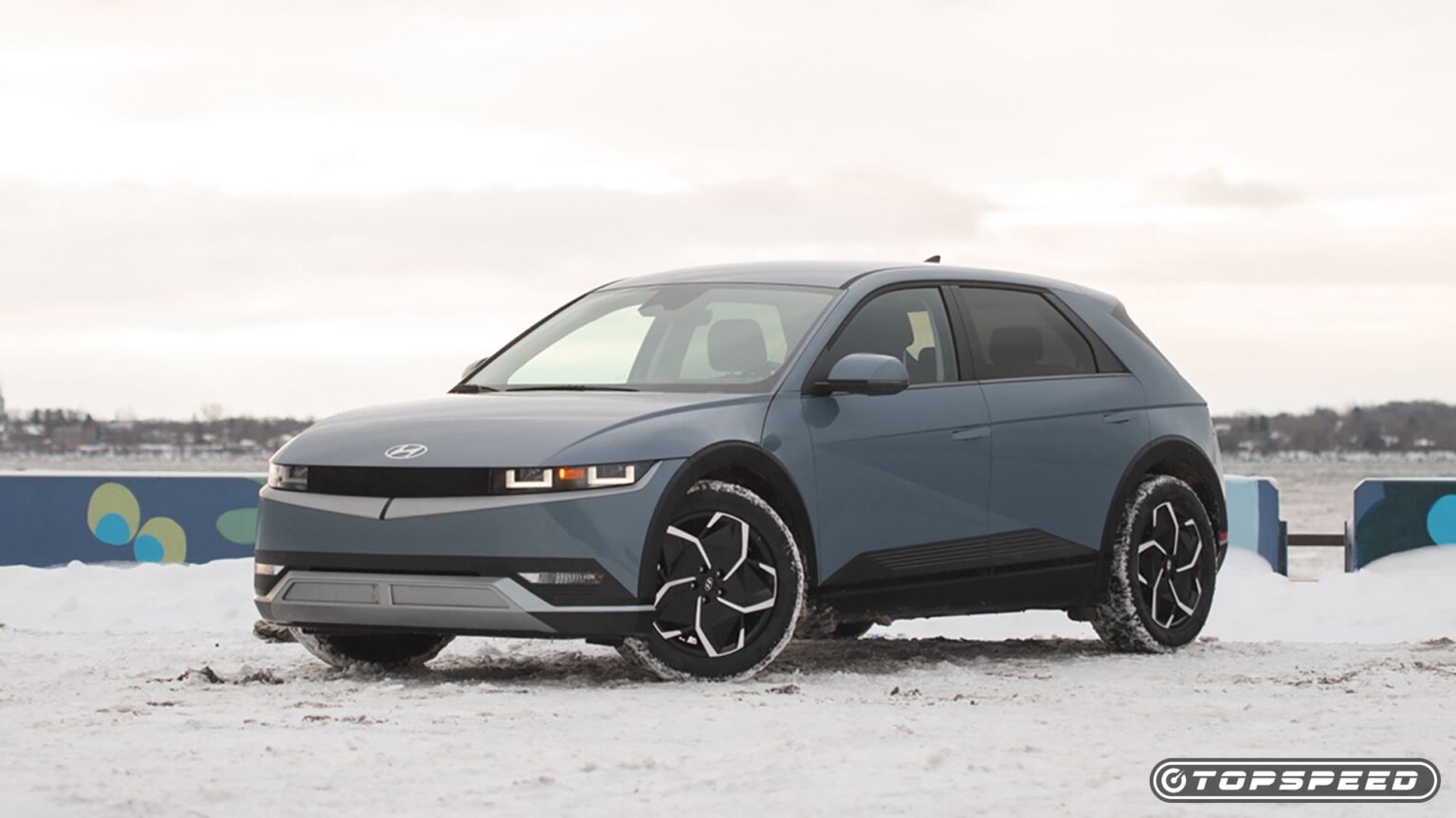If you own a Hyundai IONIQ 5, IONIQ 6, Kia EV6, Genesis GV60, GV70 and even, G80 Electrified, then you’re going to want to read this. Both the NHTSA and Transport Canada have issued safety recalls related to a sudden loss of power for these electric vehicles (EV).
U.S. and Canadian government agencies qualify the problem as a safety risk because the loss of power could lead to a crash. While the Hyundai Group states that the issue has so far lead to no accidents or injuries, the South-Korean giant is recalling more than 200,000 vehicles for a fix. Here’s everything you need to know about this important electronic fault.
A Defective Integrated Charging Control Unit Is The Culprit
According to details described in each recall, the power loss would come from a defective integrated charging control unit that cannot adequately charge the 12-volt battery. The problem apparently affects vehicles from the 2022 model year, and all the way to 2025.
In the U.S. alone, Hyundai is recalling 145,235 EVs (including Genesis). In Canada, there were a total of 34,529 vehicles affected. On the Kia side, the NHTSA recall affects 63,000 units from 2022 to 2024. In Canada, there are a total of 11,445 EVs hit by this problem.
If you own one of these vehicles, don’t panic. Hyundai, Kia or Genesis will contact you via a letter in the mail with instructions to bring your vehicle to your nearest dealer. The fix involves replacing the charging unit and its fuse if necessary, as well as performing a software update.
If you’re still unsure if your vehicle is on the recall list, you can call your local dealer’s service department and ask. Using your VIN, the service department will be able to tell you if your car is affected or not. But best practice is to wait until you receive an official letter through the mail before contacting your dealer.
Will This Affect Other Hyundai EVs?
While Hyundai is isolating the problem with the vehicles listed above, it’s not impossible that other models built on the carmaker’s E-GMP platform and utilizing the same 800-volt charging architecture are affected by this issue as well. I’m thinking about the Kia EV9 which currently isn’t on the recall list. We’ll keep following this manufacturer defect closely to see how it unfolds, and we’ll make sure to circle back here with more details once we have them.
Read the full article here


